The recent demonstrations in Cuba brought many issues to the forefront for the Cuban people on the island. Some problems Americans were more open to discussing. Others, not so much. For many conservatives in the U.S., the opportunity to attack Black Lives Matter as well as others like me who spoke out against the sanctions, was far too convenient. As were the chances to call out police brutality and oppression and the silencing of dissenting opinions in Cuba while either taking part in or ignoring the same issues here at home.
The hypocrisy has been astounding.
While I may be representative of the few Cuban Americans who is willing to see through the divide and call out the current and past regimes as well as the United States for being on the same side when it comes to oppressing the Cuban people, it’s a position that invites attacks from either side of the polarized discussion. The difference between myself and most Cuban Americans is, my concerns have always been about the people on the island.
Also, two sides? Please.
Cubans are far too diverse for the two-sides argument. What many Americans fail to realize is that in Cuba, the current government enjoys more support than the U.S. does, in that, Cubans don’t want “American freedom.” They simply want the right to self-determination and support without outside intervention. Of course, the people of Cuba want a democratic government that better represents them. But to the people on the island, American intervention is not widely accepted. Largely due to the results of past interventions around the world in addition to the animosity that remains high towards the U.S. resulting from the decades-long imperialist-styled subjugation.
The interesting part of the conversation about Cuba is how polarizing it became due to recent protests that began as a call to the international community for help with COVID and food. Calls that were inevitably drowned out by the politics of Cuban Americans, bots, and misinformation from both the island and the United States. Previously, most Americans ignored Cuba. Many don’t know about the protests six months ago any more than they do about protests six decades ago. But those same people seem to have plenty of very wrong opinions about what Cubans want or need right now.
“I can’t deny that I left Cuba in 1980, and that sets me apart from other people that came here at the beginning of the revolution … A lot of people didn’t understand us, didn’t care for us, we were different. We were darker.” — Mirta Ojito (1991).
This brings us to yet another issue Cuban Americans refuse to discuss. One that will ruffle the feathers of leftists and right-wing extremists alike. A problem that the 85% of Cuban Americans who identify as white routinely ignore. Something that affects Black Cubans in Cuba and even more so, Black Americans in the United States—particularly in Florida, where Cuban Americans wield the most power. A power they want to exact on the island.
Anti-Blackness in Cuba
Many hail Fidel Castro as a hero for his efforts to eradicate racism and his ideas to bring forth equality and social equity for all Cubans. In many ways, he deserves credit for giving Black, Mestizo, and Asian Cubans equal access to healthcare, education, housing, and employment. It was unlike anything ever seen in the Western Hemisphere. Something the lighter-skinned (read: white) population took exception to. Many didn’t like giving non-white groups access to anything. Particularly, because the non-white population was benefitting the most from upward mobility.
Castro delivered Black and Mestizo Cubans access to opportunities once only afforded to the whiter population. Along with access to resources, they were also granted admittance to recreational facilities, beaches, and white-only pools. However, Castro failed to follow through on eradicating racism as he confidently claimed to have done. In 1985, he called for more Black representation at the Third Communist Party Congress, acknowledging that racism within the revolution was still an issue. In 2000, Castro declared that racism on the island remained a problem during a speech he gave at the Riverside Church in Harlem:
“I am not claiming that our country is a perfect model of equality and justice. At the beginning, we believed that when we established full equality before the law…. [sexist and racist phenomena] would vanish from our society. It was sometime before we discovered that marginalization and racial discrimination are not things that one gets rid of with a law or even with ten laws, we have not managed to eliminate them completely, even in 40 years.” — Fidel Castro (2000)
In 2019, the Cuban government launched a program to address discrimination by beginning a public debate on racial issues and broadening education about Cuba’s African legacy. During the announcement, President Miguel Díaz-Canel said, “Everyone recognizes our revolution has been the social and political process that has possibly done most to eliminate racial discrimination. But there are still some vestiges that are not in our society because of policy but that are rather anchored in the culture of a group of people.”
Cuba’s race-blind ideology has failed to address issues such as employment discrimination, particularly in Cuba’s tourist industry, where Black Cubans are regularly told that tourists want to see white people. Castro also removed all discriminatory laws. But he didn’t allow discussions on race and refused to enact laws that condemned race-based persecution. His efforts to eradicate racism relied heavily on Black Cubans denouncing their identity and just being Cuban. An impossibility due to Cuba’s violent history of colonialism that shaped the identities of the non-white population.
“A common Cuban aphorism states that “those who are not of Congo descent must be Carabali” and the taunting inquiry “Where is your grandmother?” is thrown at those Cubans who deign to claim a “pure” white lineage. By common measures, to be Cuban is to be of African descent—if not genetically, then certainly culturally.” — Schmidt (2008)
It shouldn’t surprise anyone that the majority of Cuban emigrants have declared over time that the Cuban revolution created racial problems on the island, not solved them. But when you ask those whose labor was being exploited and were suddenly granted access to the same resources as their lighter-skinned counterparts, they’d say otherwise. While there may still be race problems on the island, it should be noted that those interactions are largely done on behalf of an individual’s implicit bias. A bias that is as rampant in Cuba as it is in the U.S.
Anti-Blackness in the Cuban Diaspora
While data from Cuba is scarce, the latest census data from 2012 showed that 64% of Cuba’s population declared themselves white. However, upon further study, The University of Miami’s Institute for Cuban and Cuban-American Studies found that 62% of the population is actually Black or Mestizo. Meanwhile, according to the 2012 U.S. Census, 85% of Cubans in the U.S. identify as white. Whether Cuba’s population is 36% or 62% Black or Mestizo, the larger non-white population of Cubans and the racism leveled against them is rarely discussed.
Especially when considering the history of anti-Blackness.
“But given the historic power and transnational agency of white supremacy, to not address the super structural tentacles of racism and anti-blackness, from colorism (lighter skin is better) to culture (black culture is less civilized) to beauty (straight hair is more attractive than nappy hair) to curricular frameworks (Europe contributed more to political and intellectual history than Africa) is actually to tacitly allow it to continue. Roberto Zurbano has termed this internalized colonialism, Eduardo Bonilla–Silva has called it colorblind racism, and Devyn Spence Benson has called it raceless nationalism.” —Brock (2019)
The Cuban government has argued that Cuba is a Mestizo country. The declaration promotes the idea that all Cubans have African ancestry. While that is largely true, it fails to acknowledge the implicit biases that have existed for centuries and have since evolved to a modern interpretation of Western racism. Particularly among the Cuban diaspora. Just like racism is often overlooked for the sake of race-blind nationalist unity on the island, the same thing happens to support American white nationalist integration in the United States.
It’s worth noting that this behavior is not unique to Cubans. Many Latin Americans overlook racism.
Latinos who argue anti-racism education in the U.S. is unnecessary also refuse to acknowledge racism in their home countries. Cubans are no different. Where many Cubans differ is in their adoption of North American white supremacist ideologies in order to maintain proximity to white power structures—ignoring how racist tropes and policies used against migrants today were once used against our elders. The same propaganda labeled our families as fugitives and perverts when very few were actual criminals.
Sound familiar? Not much has changed since then. A majority of Americans still consider Cubans “unfavorable,” even today.
“In 1981, a Gallup poll showed that Americans perceived Cubans to be the second less desirable group of neighbors after religious cult members.” — Duany (1999)
Just as you would have to overlook a lot to declare Castro a racial justice hero, you have to neglect even more to claim that American whiteness doesn’t look down on Cubans. Yet, Cubans have shown a desire to perpetuate racism here in the U.S. From a 2018 play in Miami featuring a light-skinned Cuban actress in blackface to the show’s success and packed audiences who “loved it” made it “a hit,” speaks volumes. Seeing blackface in Miami, however, isn’t out of the ordinary. Neither was the anti-Black rhetoric from the diaspora during the nationwide racial justice protests in the summer of 2020.
While Cuba may have failed in eradicating racism on the island, Cuban Americans must be prepared to acknowledge the existing racism in the diaspora. We’re not talking about benign racism here. We’re talking about racism that does real harm across cultural boundaries. Black people in Miami routinely complain of racism by Latinos who identify as white—yet, those same Cubans use the n-word like it’s cool. This gained broader attention when Senator Frank Artiles, a Cuban American, used the n-word against two Black lawmakers in 2017. Since then, it’s been hard to ignore.
Conclusion
Mestizo Cubans will sometimes show reluctance to identify as anything non-white because of how the community on the island and here in the U.S. treats them otherwise. Because of this, many Cubans who identify as white appear to be undergoing an identity crisis as they try to fit in when arguing they are from two social-political groups (white and Latino) while appropriating Black culture—as if that belongs to them too.
Sad part a lot of Cubans believe what William Cohen said about Miami culture and it’s why they think they can just drop the word nigga each day thinking they can’t be checked ??♂️??♂️
— Wesley (@WesleyL10) July 20, 2021
From the demonization and promotion of far-right hateful rhetoric towards Black Lives Matter and the regular use of blackface to the blatant use of the n-word, the rampant racism in the Cuban community all comes into focus when looking at the bigger picture. While Cubans on the island complain of racism, Cuban Americans should think twice about calling it out when they won’t address it in their own homes. One would think that the populations who hail from a “despotic caudillo” would speak out against state-sponsored brutality and murder in their new country.
But alas, no.
Interesting to me how the writer of this completely erases the fact that most Cubans have discernible African ancestry, even if that truth is not proportionally reflected amongst Miami Cubans. For this person, Cuban equals white and so it is fine to engage in racist rhetoric. https://t.co/NGG1sD9Lqv
— Ida Bae Wells (@nhannahjones) July 26, 2021
Another key issue Americanized Cubans refuse to address is that for Cubans on the island, equality and social equity represent just a taste of the many things they are proud of and are afraid to lose with outside intervention. As Cuba initiates more systems to address racism, we must remember that those same issues exist on a much greater scale in the U.S. What Cuba needs now is dialogue. If Cuban Americans are serious about addressing Cuba’s inequality, they must begin with addressing the bigotry in the diaspora first.
After all, it’s no secret that racism is the main reason the majority of Black and Mestizo Cubans settle in New York and New Jersey instead of Miami.
References:
Brock, Lisa (2019). “Editor’s Note: Black Cuban Revolutionaries, Socialism, and the Afterlife of Slavery, Souls.” 21:4, 255–260. https://doi.org/10.1080/
Schmidt, J.D. (2008). “LOCKED TOGETHER: THE CULTURE AND POLITICS OF “BLACKNESS” IN CUBA.” Transforming Anthropology, 16: 160–164. https://doi.org/10.1111/j.
Duany, Jorge (1999). “Cuban communities in the United States: migration waves, settlement patterns and socioeconomic diversity.” 69–103 https://doi.org/10.4000/plc.
Skop, Emily H. (2001) “Race and Place in the Adaptation of Mariel Exiles.” The International Migration Review, vol. 35, no. 2, 2001, 449–471. JSTOR, www.jstor.org/stable/2675876
***
Arturo Domínguez is an anti-racist politics nerd, journalist, and founder of The Antagonist Magazine. He is a top writer on Medium and a regular contributor to several media outlets. He is also a proud member of the Writers and Editors of Color (#WEOC) Collective. If you’d like to learn more about the issues covered here, follow him on Twitter, Facebook, and Instagram. You can also support his work here.



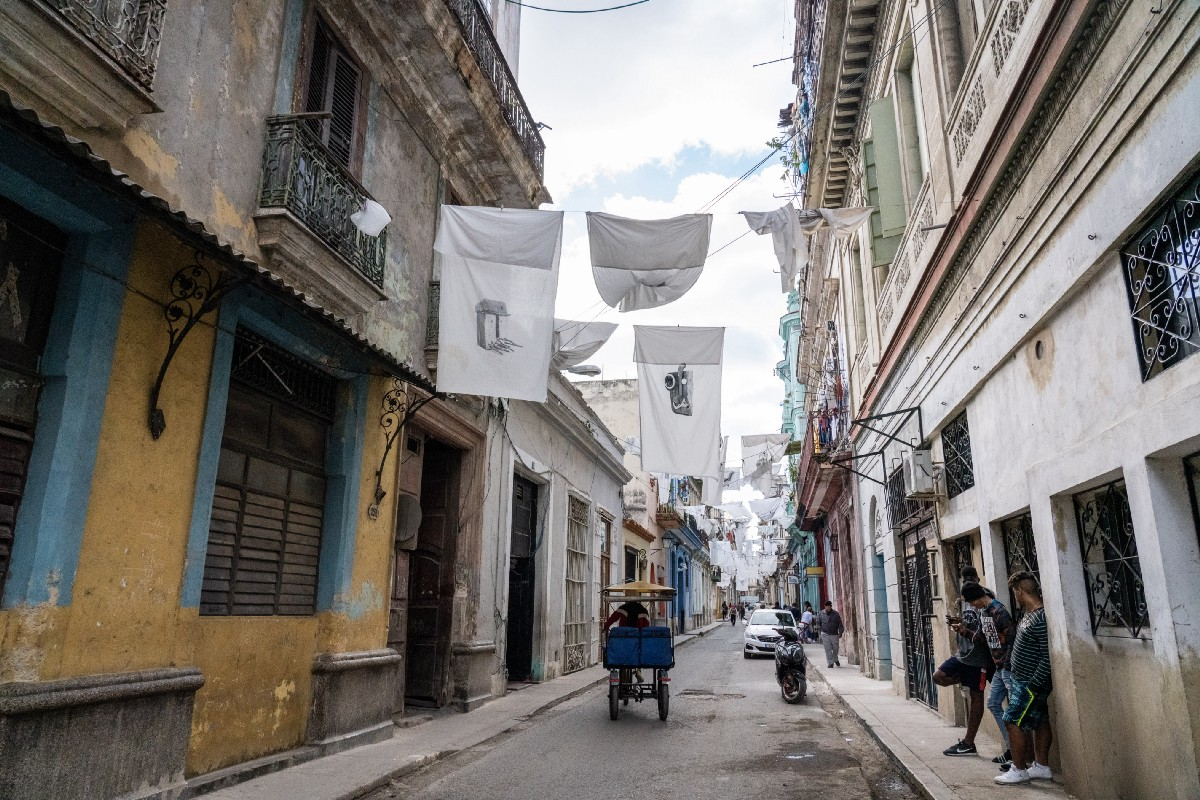
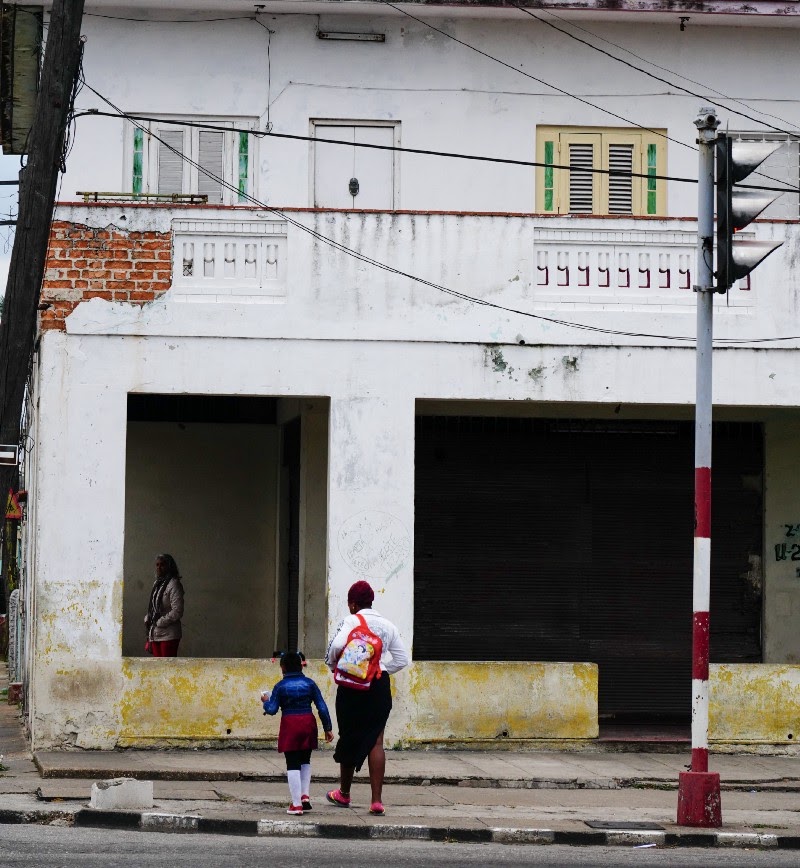
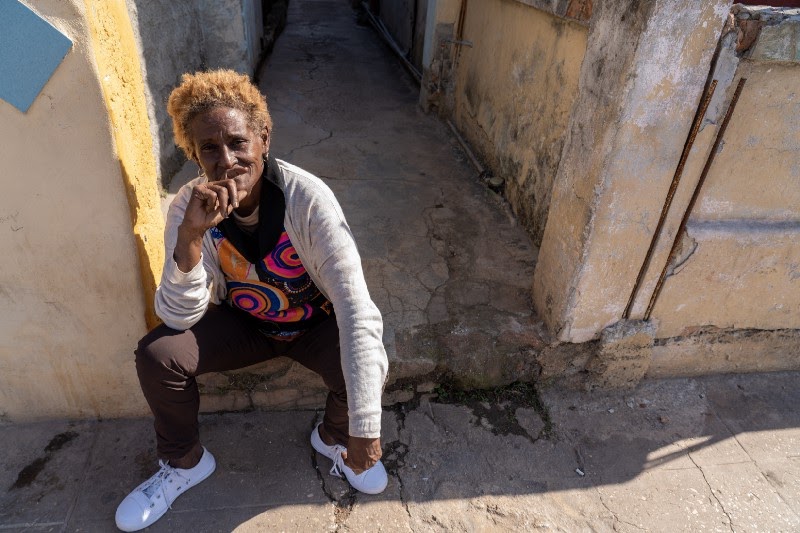
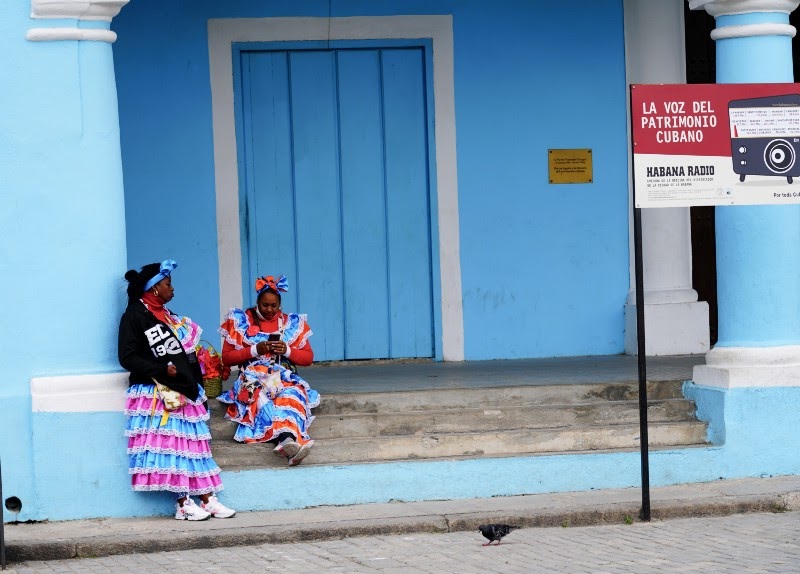
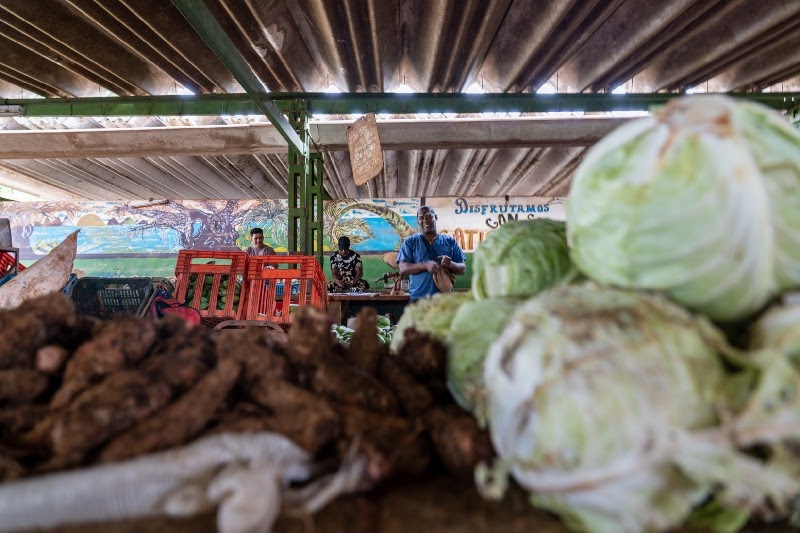
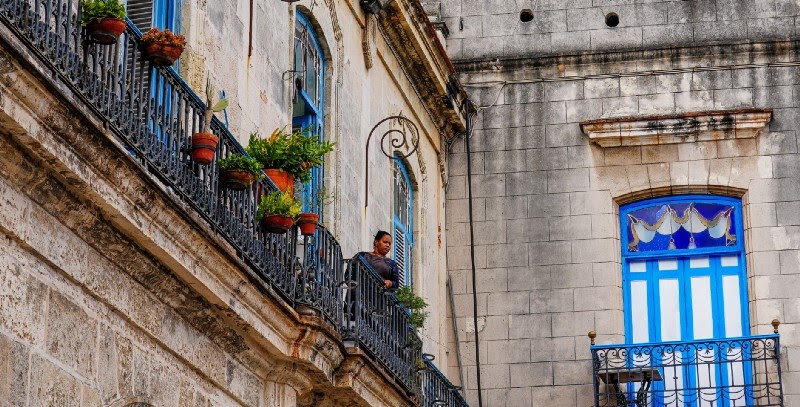
[…] in Cuba, some even calling for airstrikes on Havana. It’s worth noting that Cuba is a majority Mestizo and Black, and those calling for a U.S. invasion of the island are […]
[…] their disguised motivations be open to what the people on the island want? My impression from the rhetoric on social media and coming out of Miami tells me no, they won’t accept it. To which I would ask: Is it really the Cuban people […]
[…] in the Latino community until we’re blue in the face. Not addressing it with those who make up our respective communities means not fully tackling the […]
[…] anti-Blackness is used to lure other groups such as Latinos and Asians to create animus between them. A good example is the use of videos and […]
[…] country and it is working. Self-hating Latinos and Latinas are finding more and more support for their anti-Blackness, anti-Semitism, misogyny, misogynoir, homophobia, transphobia, and yes, […]